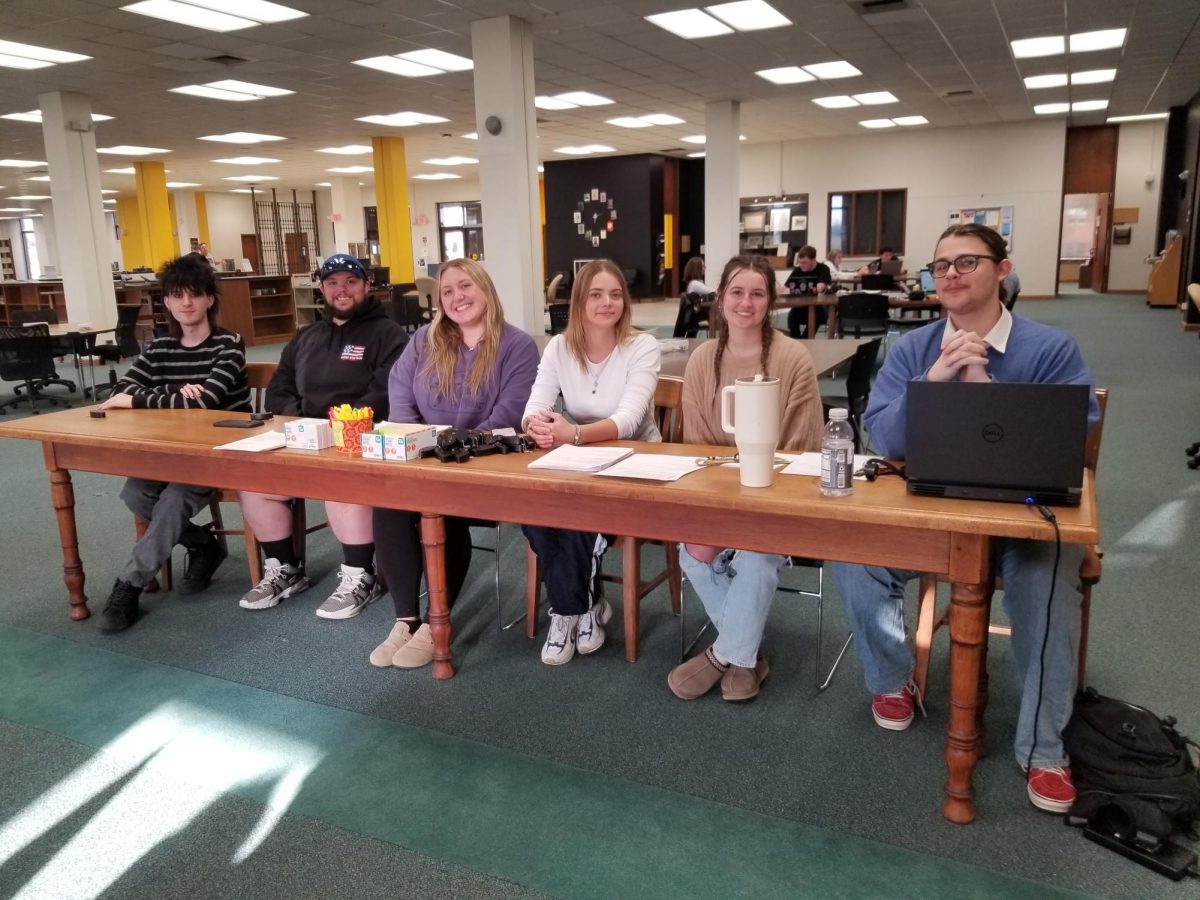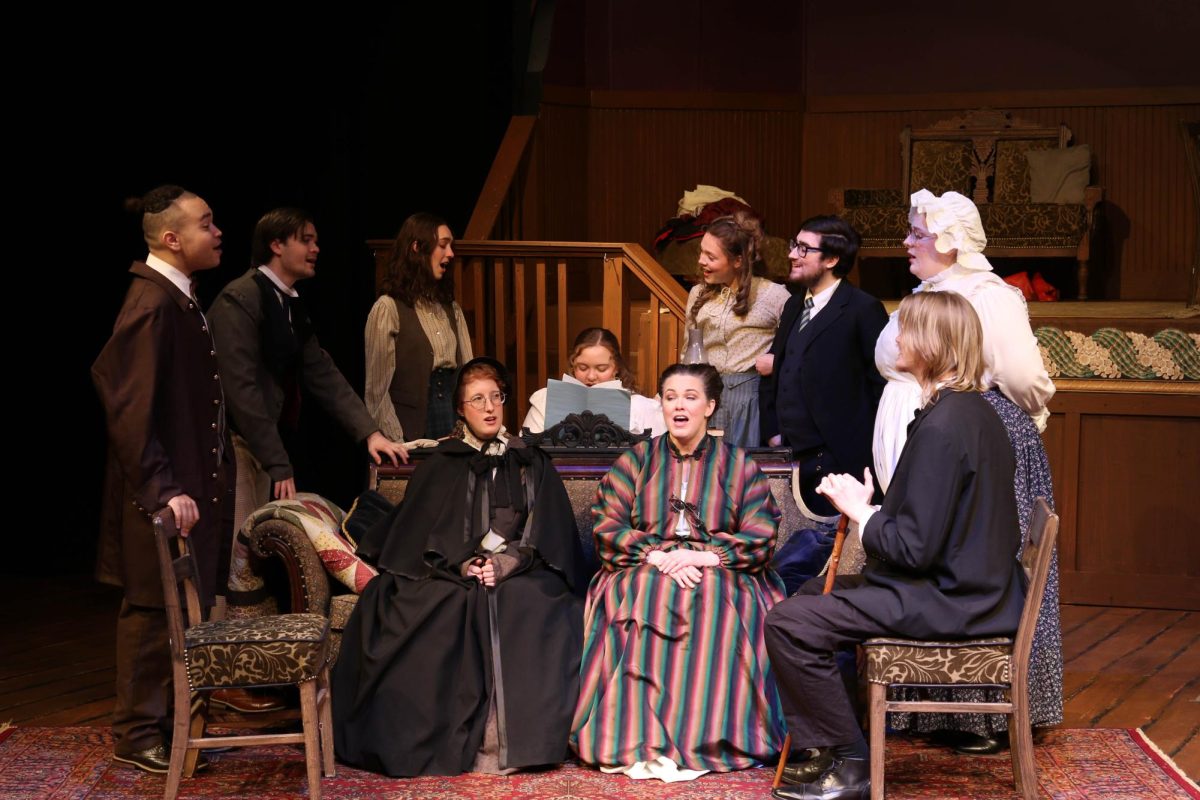By Daniel Morgan, Contributing Writer
During the 2017-18 academic year, West Liberty University underwent a comprehensive evaluation to maintain accreditation status from the Higher Learning Commission (HLC). On Aug. 8, 2018, the HLC president confirmed West Liberty’s reaffirmation of accreditation in an email to university president Dr. Stephen Greiner.
“The HLC is an organization that is authorized by the federal government to accredit institutions of higher education,” WLU Provost Dr. Brian Crawford said. “It’s a quality thing; if we adhere to the standards of the HLC, it means that we are doing a good job and that we’re, I think, a better institution. Without that, we wouldn’t be able to have any federal financial aid for students, so it has a lot do with our ability to function.”
If for some reason the HLC denied a reaffirmation of accreditation, financial aid items such as Pell Grants and federal student loans would no longer be available.
“We’d lose a lot of students,” Crawford said. “They just wouldn’t be able to afford it. If a school gets in trouble with their accreditors, you look really hard at whether or not it’s okay for them to continue to operate.”
The HLC follows “guiding values” when accrediting institutions, including a focus on student learning, continuous improvement, and practicing integrity, transparency, and ethical behavior.
Specific accreditation criteria are listed under the HLC policy at hlcommission.org; each criterion includes core components to assure requirements are met properly.
Biology professor Dr. Melinda Kreisberg served as WLU’s Director of Accreditation and Academic Planning during the evaluation, and she organized meetings and gathered data from various aspects of the university as evidence for a report.
“We have to produce a long document that explains how we meet all these criteria, and she did the writing for all of that,” Crawford said. “We are very pleased with the outcome, and a lot of it had to do with her efforts. She did tremendous work.”
Once Kreisberg submitted the comprehensive data, a team visited campus and held question and answer sessions for faculty and students.
“One of the things that came out of the visit was that we need to have better communication between the faculty, the staff, and the administration,” said Paula Tomasik, Director of West Liberty’s Office for University Effectiveness. “That came out repeatedly, and that is one thing we’ll work on with the development of a strategic plan.”
West Liberty administrators agreed that communication should improve as well as the university’s strategic planning, according to Crawford.
English professor Dr. Jeremy Larance was recently named Assistant Provost of Academic Innovation and Strategic Planning, and a major part of his job will be overseeing the university’s master plan.
Faculty, staff and students can stay tuned for more information about strategic planning efforts through upcoming projects and surveys.
“There are some institutions that get into trouble for one reason or another – maybe it was a financial issue, maybe it was a program issue – but we have never had anything like that,” Tomasik said. “Never have they come in and said we’re not going to be accredited any longer. That’s not been an issue for West Liberty University.”
Upcoming reviews by the HLC include an interim report about the two new master’s programs in dental hygiene and clinical psychology in Feb. 2019, the strategic planning report in May 2020, and an assurance review in Aug. 2021.
The next comprehensive evaluation takes place in 2027-28.
The full action letter is available here.
Photo Credit: Daniel Morgan







